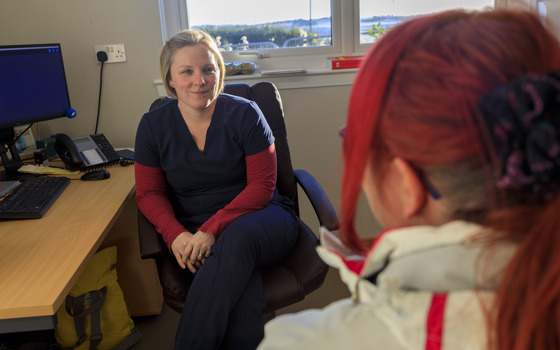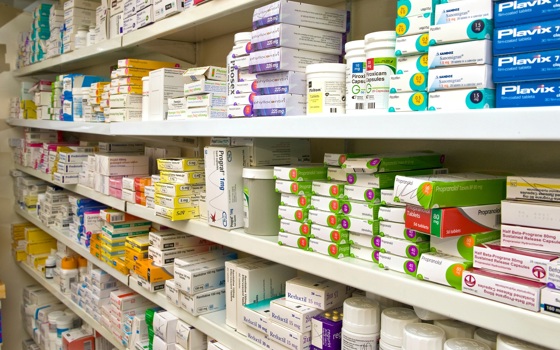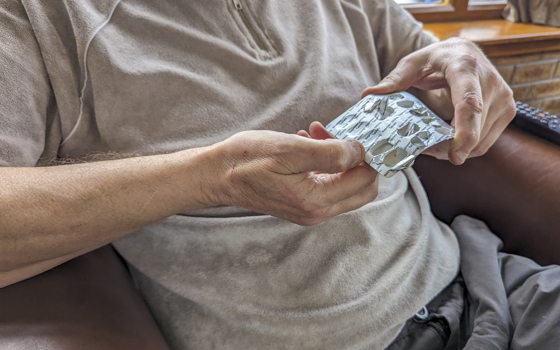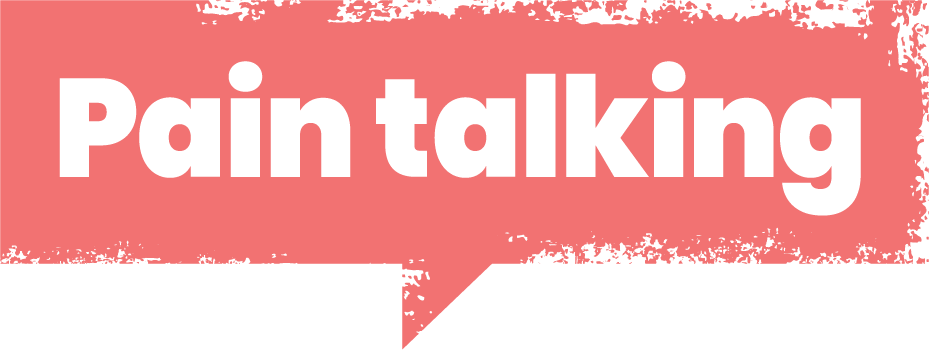With some pain medicines you can develop a dependency – this could be:
- physical - your body is used to it being there and when it’s not you experience withdrawal symptoms
- psychological – you think you can’t do without them and worry in case you run out
If the psychological aspects become overwhelming and you crave the medicines and go to extraordinary lengths to get them, you may have developed an addiction. Spotting the signs early and knowing how to get help is important.
Signs of dependency
- you regularly use the maximum dose or extra doses of your medicine
- you feel awful if you miss a dose or try to stop taking them
- you get annoyed if people question the use of your medicines
- you take them to feel good rather than the pain relief they give you
More serious signs of addiction
- lying to yourself and others including healthcare professionals about your use.
- ordering prescriptions more frequently.
- taking them in a dangerous way such as excess dosage or driving whilst affected.
If you think you or someone you love may be showing signs of addiction or dependency:
- ask for help
- don’t suddenly stop the medication
- get advice from your GP or Pharmacist
You can also seek advice from local organisations including FASS ADAPT Substance Recovery. Other organisations that can help can be found through the local Alcohol and Drugs Partnership Getting Help pages.
Medication Review
When you are taking medicines for pain it is important to assess whether they are still helping and are safe for you. You will agree with your healthcare professional how frequently this needs to be but it should be monthly in the early stages and then may become 6-12 monthly. You may be given a plan to help you assess yourself. It is important not to suddenly stop pain medicines without a plan as you may experience withdrawals. Before you have a review with a healthcare professional it can be good to ask yourself some questions and be prepared to discuss your answers at your appointment. A medicines decision guide can be useful preparation.
General safety messages
- Pain medicines should be stored safely out of reach of children. Consider whether you need to keep them in a locked medicines cabinet.
- Do not share prescribed pain medicines with friends or family- you may cause them harm.
- Return any unused pain medicines to your local pharmacy for destruction.
Driving advice
Do not drive if your pain medicines cause drowsiness or impair your concentration as you may be breaking the law. If you are worried a medicine that you are taking may affect your ability to drive, talk to your healthcare professional so you are clear what advice you should follow.
Prescription drugs and driving in Scotland | Scottish Government
In this section

Supported self management
How your network can understand your pain and help you
Supported self management
What's pain assessment?
How medicines, physical therapy or surgery might help you
What's pain assessment
Types of pain medicines
Medicines only benefit a quarter of those that take them
Types of pain medicines
The right treatments for my pain
Looking at treatment and the BRAN questions
The right treatments for my pain
For next steps visit: Taking control
